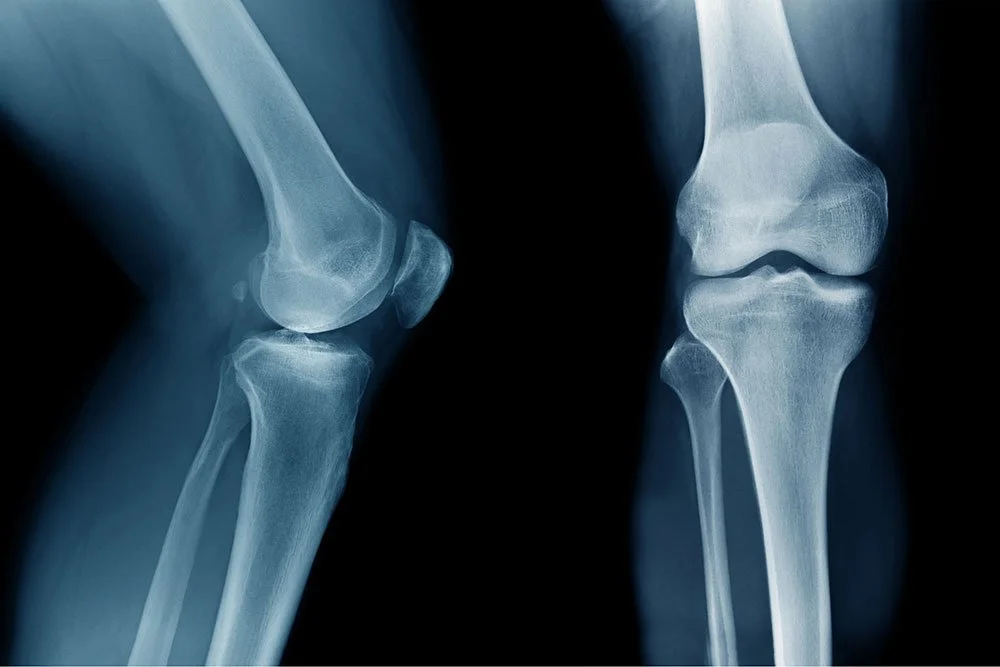Does ACL Reconstruction Lead to Knee Replacement?
"There is evidence suggesting a faster onset of arthritis after ACL surgery," says Dr. Cafferky. "This can be due to changes in knee mechanics and the initial injury's impact on the joint surfaces."
Dr. Nathan Cafferky, a distinguished board-certified orthopedic surgeon and joint replacement specialist at The Steadman Clinic in Vail, and Frisco, Colorado. In this article he discusses his expertise on ACL reconstruction and its long-term implications, particularly concerning the potential need for knee replacement surgery. In this informative article, Dr. Cafferky addresses the critical question: Does ACL reconstruction lead to knee replacement?
Understanding ACL Reconstruction and Knee Replacement
"We often see patients concerned about the long-term effects of ACL reconstruction," notes Dr. Cafferky. "One of the primary concerns is whether ACL reconstruction leads to knee replacement after ACL surgery." The ACL, or anterior cruciate ligament, is crucial for knee stability, and injuries to this ligament often necessitate surgical intervention.
The Connection Between ACL Surgery and Knee Replacement
Dr. Cafferky explains, "While ACL reconstruction can restore stability and function to the knee, it doesn't eliminate the risk of future issues. Patients frequently ask about the likelihood of knee replacement after ACL surgery, and it’s important to understand that various factors contribute to ACL reconstruction and knee replacement."
One significant factor is the development of osteoarthritis in the knee. "There is evidence suggesting a faster onset of arthritis after ACL surgery," says Dr. Cafferky. "This can be due to changes in knee mechanics and the initial injury's impact on the joint surfaces."
Why Might ACL Surgery Lead to Knee Replacement?
The process from ACL reconstruction to knee replacement is multifaceted. Dr. Cafferky highlights that repetitive stress and the altered biomechanics of the knee post-surgery can accelerate wear and tear on the knee joint. "Patients who undergo ACL reconstruction are often active individuals, which can contribute to faster degeneration of the knee joint," he explains.
Additionally, he points out, "Faster onset of arthritis after ACL surgery is a concern we monitor closely. The initial trauma and subsequent changes in knee dynamics can hasten the development of osteoarthritis, eventually necessitating knee replacement surgery."
Preventive Measures and Long-term Management
To mitigate the risk of needing knee replacement after ACL surgery, Dr. Cafferky emphasizes the importance of comprehensive rehabilitation and lifestyle adjustments. "A well-structured rehabilitation program is critical," he advises. "It helps restore strength and function while minimizing undue stress on the knee."
Dr. Cafferky also recommends lifestyle modifications to prolong knee health. "Patients should avoid high-impact activities that may exacerbate knee wear and tear," he suggests. "Maintaining a healthy weight and staying active with low-impact exercises can significantly reduce the strain on the knee joint."
Top Knee Replacement Surgeon - Dr. Nathan Cafferky
Dr. Cafferky's insights highlights the nuanced relationship between ACL reconstruction and the potential for future knee replacement surgery. "While ACL reconstruction is highly effective in restoring knee stability, patients should be aware of the long-term risks, including the possibility of knee replacement after ACL surgery," he concludes.
For those who have undergone ACL surgery, staying informed and proactive in managing knee health is essential. With the right care and preventive strategies, patients can enjoy an active lifestyle while minimizing the risk of faster onset of arthritis after ACL surgery and the subsequent need for knee replacement.



